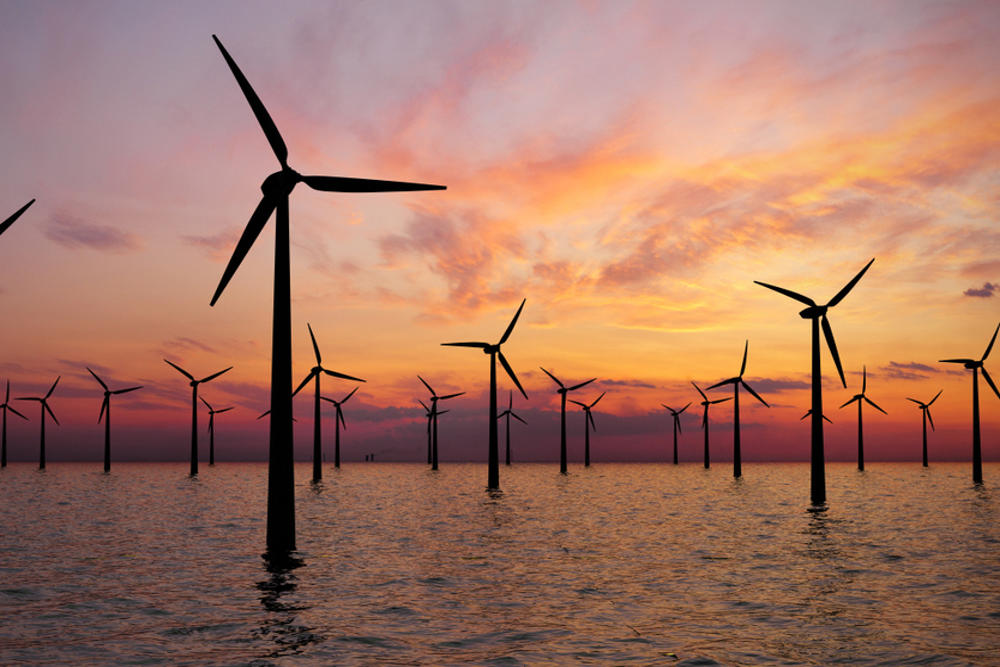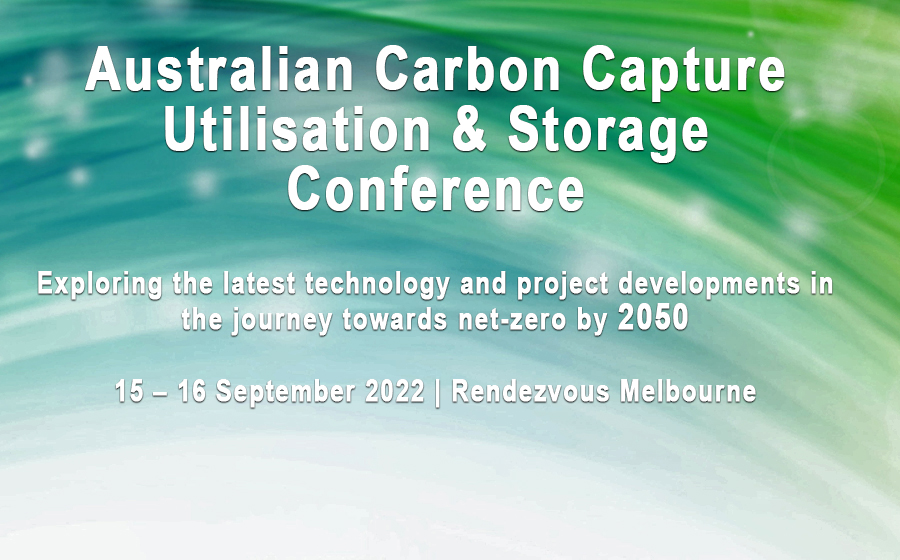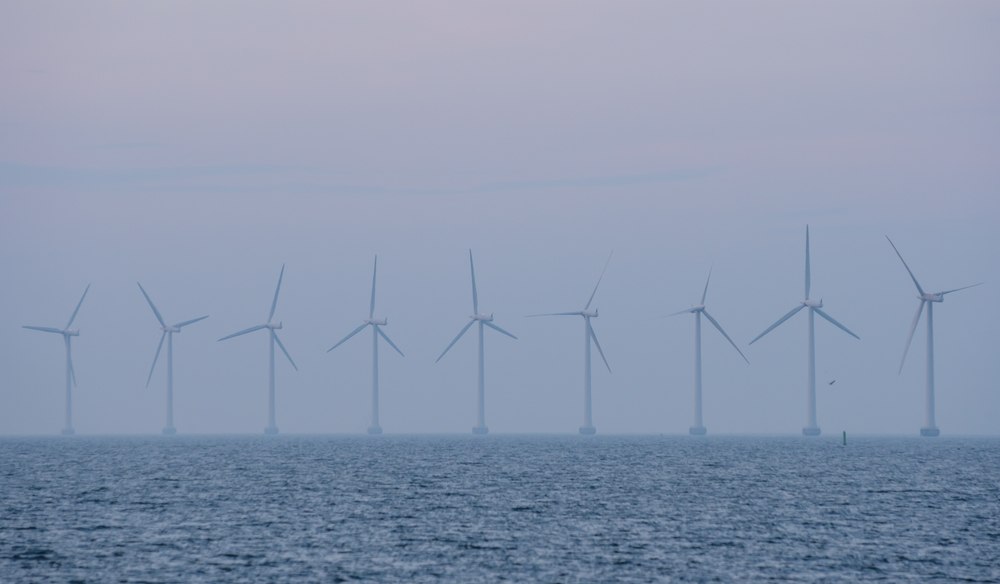
Fluxys and Equinor have agreed to develop a major infrastructure project for transporting captured CO2 from emitters to storage sites in the North Sea, connecting Belgium to Norway. The project is in the feasibility stage, with an investment decision expected by 2025.
Carbon capture, transport and storage (CCS) is essential for achieving significant CO2 emission reductions. This project offers the North-West European market a robust and flexible solution for large-scale decarbonisation.
The project includes a 1,000 km CO2 export trunkline operated by Equinor which will transport CO2 for safe and permanent storage under the seabed on the Norwegian continental shelf. The offshore trunkline will connect in Zeebrugge to an onshore CO2 transmission infrastructure built and operated by Fluxys.
The open-access CO2 transmission system will give emitters in Belgium and surrounding countries the opportunity to connect to safe and reliable CO2 stores in Norway. As it goes, liquefied CO2 shipped from neighbouring hubs could be connected to the Zeebrugge facility, further increasing the geographical reach of the project. A pipeline branch to the port of Dunkirk is also envisaged and additional connections to other North-West European countries will be assessed as well.
The joint initiative by Equinor and Fluxys aims to develop the CO2 infrastructure project ready for commissioning before the end of this decade. The offshore pipeline is planned to have a transport capacity of 20 to 40 million tonnes of CO2 per annum, meeting an emerging need for CCS from multiple European industrial players.
The large-scale pipeline transmission solution offers businesses an easy-to-use logistics chain from capture to storage. It is both efficient and economical for large volumes of CO2 and allows for ample operational flexibility. Fluxys and Equinor will be engaging with interested parties such as major emitting industries to present the project.
Grete Tveit, Equinor’s senior vice president for Low Carbon Solutions says together with Fluxys they have the potential to enable large-scale decarbonization of European, carbon intensive industries.
“With our partners, we can deliver an end-to-end CCS value chain. Equinor believes that CCS is vital to succeed with the energy transition and to reach net-zero by 2050.”
Pascal De Buck, CEO Fluxys says reliable and efficient carbon transmission and storage solutions are essential for achieving climate change objectives and ensuring the long-term viability of the economy.
“Our objective with the Equinor-Fluxys project is to offer a robust structural decarbonisation solution and we now make the move to deliver.”












